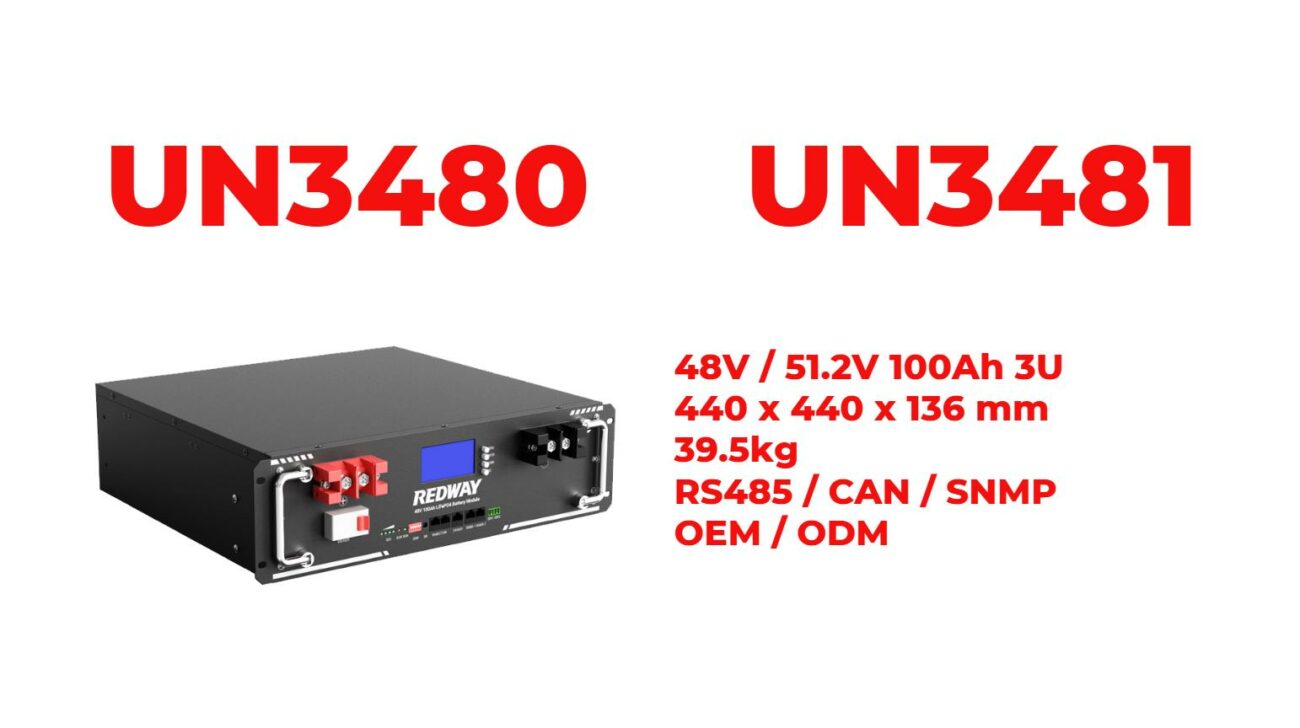How to Ensure Safety and Compliance with UL Standards for Lithium Batteries
Understanding UL standards for lithium batteries is essential for ensuring safety and compliance in various applications. Underwriters Laboratories (UL) develops rigorous testing and performance standards that help mitigate risks associated with lithium batteries, making adherence to these standards crucial for manufacturers and consumers alike.
What are UL standards for lithium batteries?
UL standards for lithium batteries are a set of safety guidelines established by Underwriters Laboratories to ensure that battery products meet specific performance and safety criteria. These standards cover various aspects, such as design, testing, and manufacturing processes. Key UL standards relevant to lithium batteries include:
- UL 1642: Covers safety requirements for lithium batteries.
- UL 2054: Addresses safety aspects during use, handling, and storage of household and commercial lithium batteries.
- UL 2580: Pertains to batteries used in electric vehicles.
Chart: Overview of Key UL Standards
| Standard | Description |
|---|---|
| UL 1642 | Safety requirements for lithium battery cells |
| UL 2054 | Safety aspects for household and commercial use |
| UL 2580 | Safety requirements for electric vehicle batteries |
Why is UL certification important for lithium battery safety?
UL certification is vital because it signifies that a battery has undergone extensive testing to meet established safety standards. This certification helps reduce risks associated with battery failures, such as fires or explosions, thereby enhancing consumer confidence. Products bearing the UL mark indicate compliance with stringent safety requirements.Chart: Importance of UL Certification
| Benefit | Description |
|---|---|
| Safety Assurance | Confirms that products meet established safety standards |
| Risk Reduction | Minimizes hazards associated with battery failures |
| Consumer Confidence | Increases trust in product reliability |
How do UL standards ensure battery safety and reliability?
UL standards ensure battery safety and reliability through comprehensive testing procedures that assess various factors:
- Performance Under Stress: Batteries are tested under extreme conditions, including overcharging and short-circuit scenarios.
- Thermal Management: Evaluations focus on preventing thermal runaway, a critical risk in lithium batteries.
- Material Safety: The materials used in battery construction are assessed to prevent chemical hazards.
These rigorous evaluations help manufacturers produce safe and reliable battery products.Chart: Testing Procedures Overview
| Testing Aspect | Purpose |
|---|---|
| Performance Under Stress | Assesses durability under extreme conditions |
| Thermal Management | Prevents overheating and thermal runaway |
| Material Safety | Ensures non-toxic materials are used |
What are the key safety standards that lithium-ion batteries must meet?
Key safety standards governing lithium-ion batteries include:
- IEC 62133: Focuses on safety testing requirements for portable sealed secondary cells.
- UN/DOT 38.3: Covers transportation safety testing criteria for lithium batteries.
- IEC 62619: Specifies requirements for safe applications of lithium batteries in electronics.
These standards help ensure that batteries are safe to use across various applications.Chart: Key Safety Standards Comparison
| Standard | Focus Area |
|---|---|
| IEC 62133 | Portable sealed secondary cells |
| UN/DOT 38.3 | Transportation safety testing |
| IEC 62619 | Safe application in electronics |
How does the UL certification process work?
The UL certification process involves several key steps:
- Application Submission: Manufacturers submit their products along with detailed specifications.
- Testing Phase: The submitted products undergo extensive testing based on relevant safety standards.
- Evaluation: Test results are evaluated against established criteria.
- Certification Issuance: If compliant, manufacturers receive a certificate allowing them to use the UL mark on their products.
Chart: Certification Process Steps
| Step | Description |
|---|---|
| Application Submission | Submit product details for evaluation |
| Testing Phase | Conduct tests based on applicable standards |
| Evaluation | Assess test results against compliance criteria |
| Certification Issuance | Issue certificate upon successful evaluation |
Industrial News
The demand for safer lithium-ion battery technology continues to rise as incidents related to battery failures increase globally. Recent advancements focus on developing better thermal management systems and enhanced safety features to mitigate risks associated with overheating and chemical leaks in lithium-ion batteries. Regulatory bodies are also tightening standards to ensure manufacturers comply with these essential safety protocols.
Expert Views
“Understanding UL standards is crucial not only for manufacturers but also for consumers who rely on these products,” says Dr. Michael Green, an expert in energy storage systems. “Compliance with these standards ensures that batteries operate safely under various conditions, significantly reducing risks associated with their use.”
FAQ Section
What are the main benefits of UL certification for lithium batteries?
UL certification provides assurance of safety, reduces risks of failure, and enhances consumer confidence in battery products.
How do I know if my battery meets UL standards?
Look for the UL mark on the product packaging or documentation; this indicates compliance with established safety standards.
What should manufacturers consider when seeking UL certification?
Manufacturers should understand the relevant UL standards applicable to their products and ensure thorough testing before submission.

